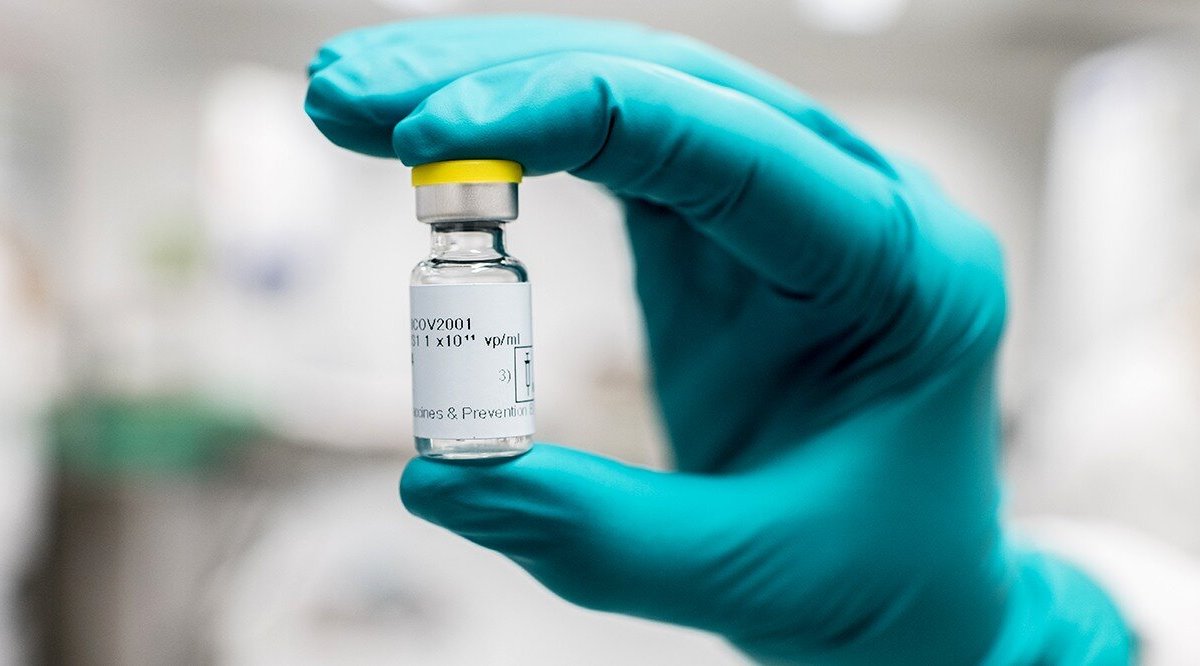India has crossed the 81-lakh mark of COVID-19 cases on Friday with 48,268 coronavirus new infections in the last 24 hours. With the increasing number of cases, the country has also witnessed a sharp surge in the recovery rate which now stands at 91 percent, and the fatality rate remains at 1.49 percent.
One of the biggest questions is that are you protected for life once you have the antibodies?
According to Dr. Amita Bahl, a senior doctor who has worked with the Ministry of Health, Govt of India, Coronavirus is a new disease that has affected the whole world, it’s a global new phenomenon for which every day new research is being conducted and the results are both conclusive and inconclusive.
“Well, earlier the concept of reoccurrence and resurgence was not considered, but now there are some cases of reoccurrence that are reported. Initially, the researchers said antibodies can protect the body once you are recovered from the virus but now there are cases of reoccurrence taking place, so nobody knows that what is going to happen in the near future,” she said.
ALSO READ| Know About A COVID-19 Antibody Test, Also Known As A Serology Test
Your Body Has Its Own Antibodies To Fight COVID-19
Dr. Amita said, “Antibodies are the inside warriors in our body which help us to get up and fight against the antigens that come from outside. If the antibodies are strong in our body, it helps our body to fight against the external antigens.
It is suggested to intake high nutrition diet which can help you develop strong antibodies to fight the virus, she added.
The whole world is fighting for months now to understand the disease, and it is extremely important to know how your body fights foreign viruses. Knowing and understanding your immunity is very important.
Our body has some inbuilt capacity to protect itself from any type of foreign viruses. Some of you are also carrying antibodies that are helping you to fight the virus.
Can You Get The Coronavirus Twice?
Dr. Bhal says, earlier we thought that it might not happen twice but now it seems possible if we see the recent reports that have shown that there are 200 to 300 cases in Singapore and Telangana where recovered people have tested positive again for COVID-19, suggesting that reoccurrence seems to be possible.
The Researchers from the University of Hong Kong have suggested that re-infection can occur a few months after recovering from an initial bout of COVID-19.
However, health experts also believe that people who had COVID-19 will have some immunity against repeat infection. But they don’t know how much protection they will have, or how long it would last.
ALSO READ| Antibodies In Patients With Mild COVID-19 Symptoms Decline Rapidly: Research
How Long Will The Antibody Last?
Dr. Bhal said, we are working on the purpose of plasma donation, and only those people can donate plasma who have a sufficient amount of antibodies in them, therefore they can donate their plasma after 90 days from the date of being positive but how long they will be immune to the virus after this, is something which is not clear till now.
Some reports have suggested that antibodies to coronavirus go away quickly. A new study has also revealed that the vast majority of individuals infected with mild-to-moderate Covid-19 mount a robust antibody response. This response remains relatively stable for at least five months.
This study, published in the journal Science, found that this antibody response correlates with the body’s ability to neutralize (kill) SARS-CoV-2, the virus that causes Covid-19.
The author of the study Florian Krammer from Mount Sinai Hospital in the US said, “We have found just the opposite – that more than 90 per cent of people who were mildly or moderately ill produce an antibody response strong enough to neutralize the virus, and the response is maintained for many months.”
“Uncovering the robustness of the antibody response to SARS-CoV-2, including its longevity and neutralizing effects, is critically important. This is essential for effective vaccine development,” Krammer added.
Study findings are based on a dataset of 30,082 individuals, who were screened within the Mount Sinai Health System between March and October 2020.











